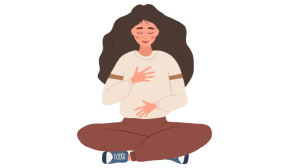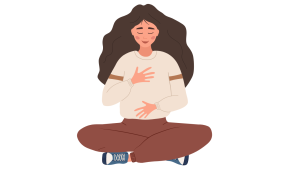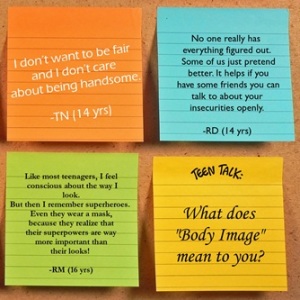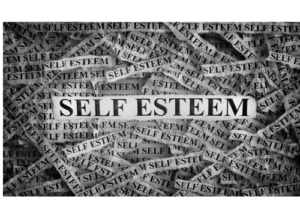
Working Through Body Image Difficulties Mindfully
What are Body Image Difficulties? How many times have you found yourself scrolling through Instagram and feeling like you aren’t good enough? You may feel

What are Body Image Difficulties? How many times have you found yourself scrolling through Instagram and feeling like you aren’t good enough? You may feel

We typically focus a lot on building good relationships with others. We are constantly trying to be ‘good enough’ so we can maintain our relationships

Many of us encounter moments in life where forgiveness feels impossible. We might hold onto contempt or resentment towards someone, struggling to understand their actions

Treat Yourself to Self-love Today and Everyday Love, romance, dating & relationships are some of the many buzzwords as we approach the month of February

Body Image is what you think and feel about your physical self or your body. As you enter adolescence, “body image” takes center stage and you will have days when you start to feel awkward and uncomfortable in your body. This article introduces you to a healthier and more positive way of looking at yourself and your body.

When you have low self esteem, you tend to question your ability most of the time. Most people around seem to be doing better than you, and you don’t see enough competence in yourself.
The tough part about having low self esteem is that you tend to go on for several years in life believing within that you are not good enough. You feel inhibited in some situations…

‘Initiative versus Guilt’ is one of the eight stages of psychosocial development proposed by pioneering psychoanalyst Erik Erikson (1902 – 1994). Each of the stages described by Erikson constitute a milestone in personality development, wherein the child is faced with a primary psychological issue / theme/ conflict that he/she needs to resolve satisfactorily for healthy development of the personality. For eg., the conflict faced by the child in its first year is, “ Is the world a good and safe place to live in?” and in its second year is, “Am I capable of controlling my environment?”

We specialize in combining psychotherapy with deep wellness practices like mindfulness and meditation and creating a customized mental health plan for individuals and organisations.
We specialize in combining psychotherapy with deep wellness practices like mindfulness and meditation and creating a customized mental health plan for individuals and organisations.

A young woman from another country moved with her family to live for one year in a town near the monastery. When, in the course of the year she discovered the monastery, she would periodically visit to have discussions with the Abbess. The Abbess introduced her to meditation, which became very meaningful for the young woman.
When the family’s year-long stay was drawing to an end, the young woman asked the Abbess, “In my country there is no Buddhism and no one has even heard about meditation. How can I continue to learn and deepen the practice you have started me on?”
The Abbess said, “When you return home ask far and wide for who, among the wise people, is recognized as having the greatest ability to listen. Ask that person to instruct you in the art of listening. What you learn about listening from such a person will teach you how to further your meditation practice.
― Gil Fronsdal, A Monastery Within: Tales from the Buddhist Path